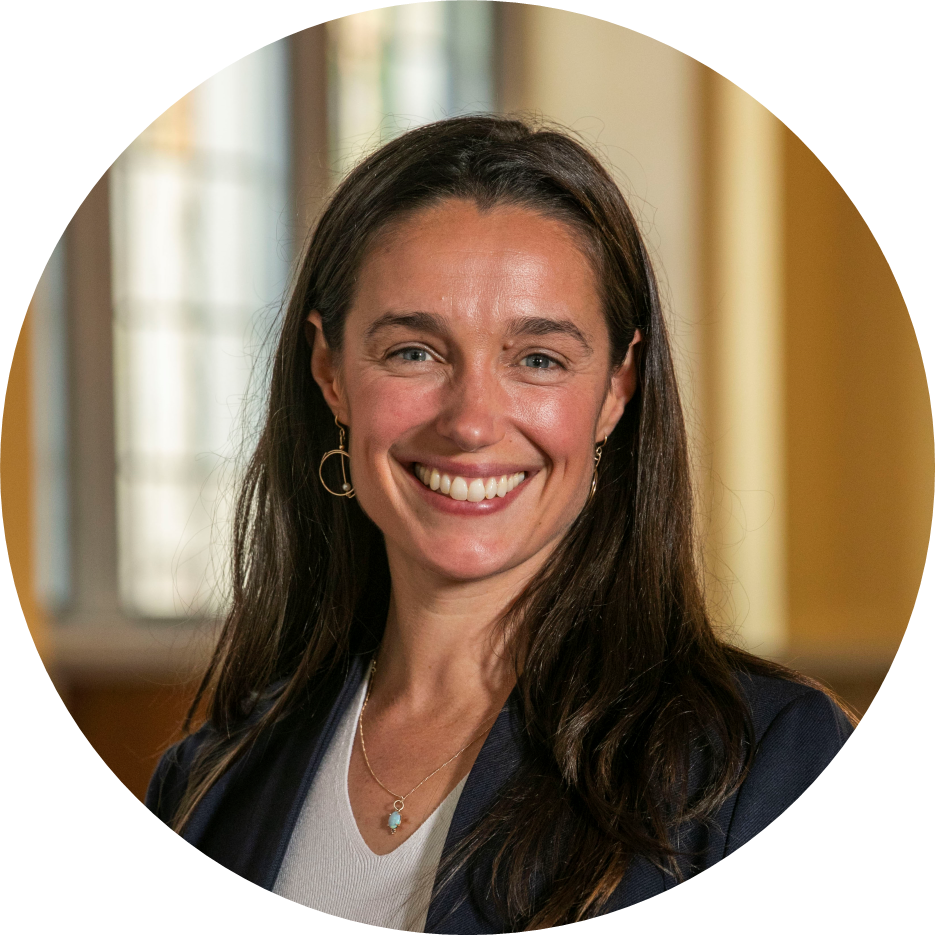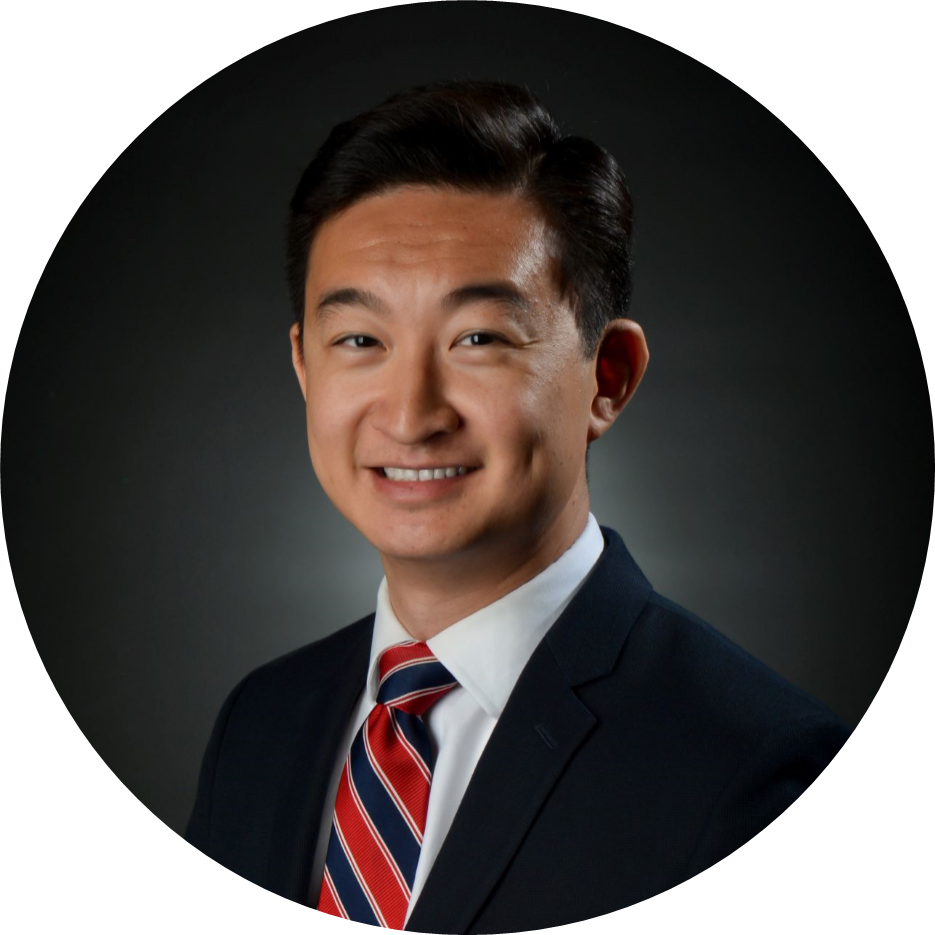Watch the lectures
Captioned recordings of Drs. Andrea Schneider, Jessica Perkins, and Benjamin Xu's lectures are available on their awardee pages.
Every year, the ODP Early Stage Investigator Lecture (ESIL) recognizes early career scientists who are poised to become leaders in prevention research. Creating a network of mentors who provide different insights and guidance is an important part of becoming a successful investigator. Our three 2024 ESIL awardees shared their advice for finding and building fulfilling relationships with their own team of mentors.
“Having a mindset that is open to learning, opportunities, and collaboration will help build strong mentoring relationships.”
 Andrea Schneider, M.D., Ph.D., University of Pennsylvania
Andrea Schneider, M.D., Ph.D., University of Pennsylvania
Lecture Title: Powered by Numbers: Leveraging Epidemiology to Foster Prevention of Traumatic Brain Injury-Related Sequelae
The mentoring relationships I have are some of the most important and most fulfilling aspects of my academic career. I am certainly the clinician scientist that I am today in large part due to my mentors. It is important to note that there is no “one size fits all” mentoring relationship that works for everyone. I have different types of mentoring relationships with different people. For example, I have mentor-mentee relationships where I am the mentee, I have mentor-mentee relationships where I am the mentor, and I have peer mentoring relationships.
I also have different mentoring relationships for different purposes; for example, research mentors, networking/connection mentors, and clinical mentors. I have learned from my own mentees and peers just as I have learned from my mentors. I believe that having a mindset that is open to learning, opportunities, and collaboration will help build strong mentoring relationships. I think setting clear expectations early is beneficial, as learning and growth is ideally bidirectional in any mentoring relationship. Being a champion for your mentors is just as important as your mentors being a champion for you; accomplishments in science are best made by working together.
“Effective mentors challenge you while supporting you in ways that continuously feel genuine.”
 Jessica Perkins, Ph.D., M.S., Vanderbilt University
Jessica Perkins, Ph.D., M.S., Vanderbilt University
Lecture Title: Misperceived Social Norms as Drivers of HIV Prevention: Exploring Opportunities for Individual and Social Change
It takes a village to learn to do good research. Mentors are a critical part of that village. They help you learn how to form essential questions and think through designing innovative and rigorous ways to answer the questions you ultimately pursue. They also provide critical research capital along the way, which shapes your access to a larger resource network. Effective mentors challenge you while supporting you in ways that continuously feel genuine. You may become good collaborators.
I have been mentored by experts representing a diverse set of disciplines and methodologies who have respected others’ work. I think this exposure has, in part, driven my productive interest in reading and communicating across disciplinary silos and my dedication to Team Science. To find a mentor, ask others about their mentorship experiences with specific individuals and then reach out to a few for a conversation. Ask yourself: Could you feel comfortable getting coffee together and sharing your worries and your points of excitement, professionally and personally? Also, find someone who reads the weeds. View lots of track changes, comments with explanations, or emails/conversations about your work as evidence that they care. Be responsive to it. Communicate and don’t hesitate to ask questions.
“Identifying an appropriate mentor for each question is an important skill that helps preserve independent thinking.”
 Benjamin Xu, M.D., Ph.D., University of Southern California
Benjamin Xu, M.D., Ph.D., University of Southern California
Lecture Title: Early Detection and Prevention of Angle Closure Glaucoma Using OCT and Artificial Intelligence
We all inevitably hit roadblocks in our careers that we are not equipped to handle or seem insurmountable at the time. Mentors can provide guidance during crucial moments to overcome these challenges. However, it is important to have a wide array of mentors and pick one who is suitable for each specific issue. For example, I have several experienced senior mentors, including my residency chairman and fellowship director, whom I go to for big picture advice—getting grants funded, navigating academic and industry relationships, and managing my lab. I also have several mentors who are only a few years older than me who recall vividly what I am going through—working toward research independence, identifying career development opportunities, and applying for academic promotion.
I recommend not being overly reliant on a single mentor—everyone is busy, and identifying an appropriate mentor for each question is an important skill that helps preserve independent thinking. Also, don’t hesitate to reach out to someone you respect but don’t know well for advice—you never know when you will form a new fruitful mentor-mentee relationship or friendship.